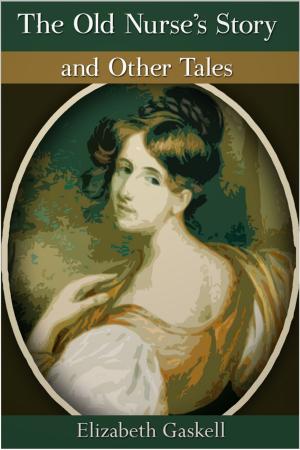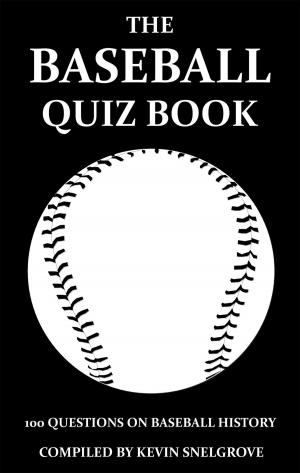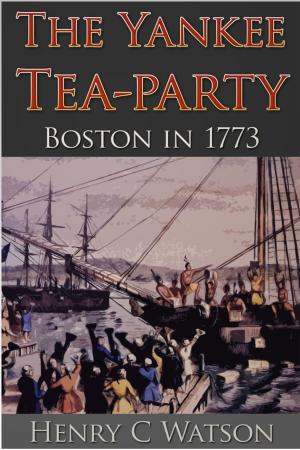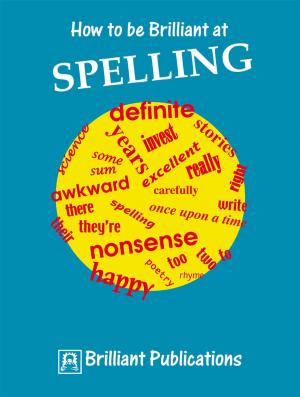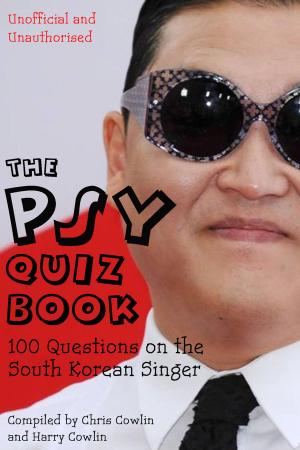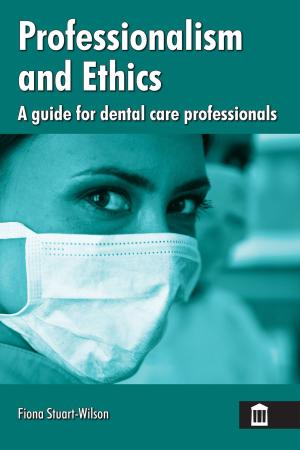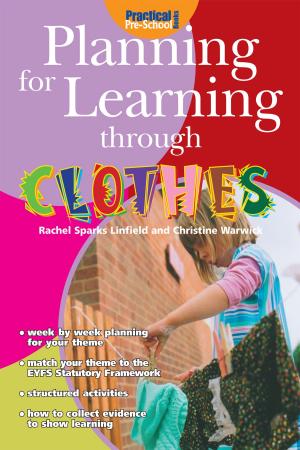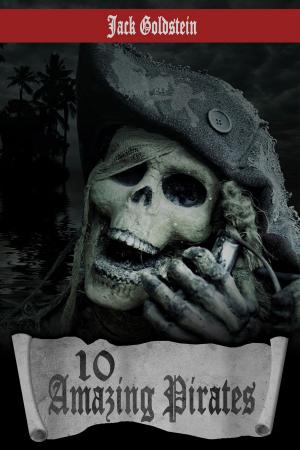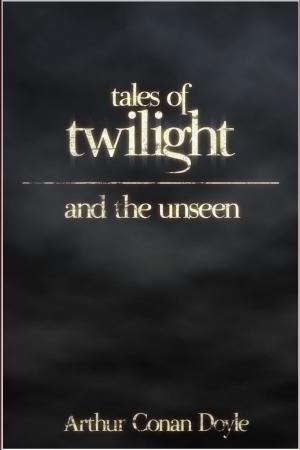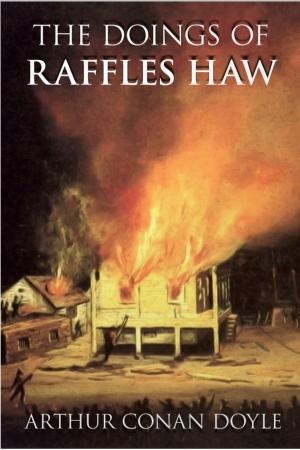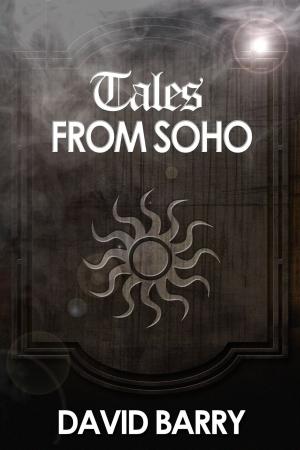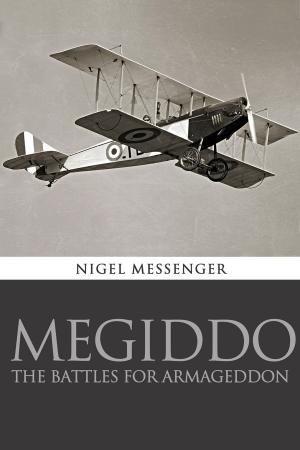The Happiest Days of Their Lives?
Nineteenth-Century Education Through the Eyes of Those Who Were There
Nonfiction, Reference & Language, Education & Teaching, History, British| Author: | Marion Aldis | ISBN: | 9781911105039 |
| Publisher: | Andrews UK | Publication: | May 23, 2016 |
| Imprint: | Chaplin Books | Language: | English |
| Author: | Marion Aldis |
| ISBN: | 9781911105039 |
| Publisher: | Andrews UK |
| Publication: | May 23, 2016 |
| Imprint: | Chaplin Books |
| Language: | English |
What do you think of when you hear the phrase ‘nineteenth-century schooling’? The bullies of Tom Brown’s Schooldays? The cane-wielding headmaster of Dotheboys Hall in Nicholas Nickleby? Or Latin lessons, writing slates, learning-by-rote and the smell of ink? In this lively and engrossing book, Marion Aldis and Pam Inder separate the truth from the fiction by examining the diaries, letters and drawings of children and teachers from schools across the United Kingdom. The result is a vivid picture of what it was really like to be at school in the nineteenth century.Among the characters in this book are Ralphy, hopelessly unteachable but an avid collector of ‘curiosities’; Miss Paraman, sadistic teacher in a Dame School; Ann, who became a bluestocking in spite of chaotic home-schooling; Gerald, who spent too much time at Harrow School on cricket and socialising; the Quaker school where both girls and boys studied algebra, chemistry and shorthand; Sarah Jane, enrolled in a lace school at the age of six; and the National Schools where children were absent during the harvest.
What do you think of when you hear the phrase ‘nineteenth-century schooling’? The bullies of Tom Brown’s Schooldays? The cane-wielding headmaster of Dotheboys Hall in Nicholas Nickleby? Or Latin lessons, writing slates, learning-by-rote and the smell of ink? In this lively and engrossing book, Marion Aldis and Pam Inder separate the truth from the fiction by examining the diaries, letters and drawings of children and teachers from schools across the United Kingdom. The result is a vivid picture of what it was really like to be at school in the nineteenth century.Among the characters in this book are Ralphy, hopelessly unteachable but an avid collector of ‘curiosities’; Miss Paraman, sadistic teacher in a Dame School; Ann, who became a bluestocking in spite of chaotic home-schooling; Gerald, who spent too much time at Harrow School on cricket and socialising; the Quaker school where both girls and boys studied algebra, chemistry and shorthand; Sarah Jane, enrolled in a lace school at the age of six; and the National Schools where children were absent during the harvest.


